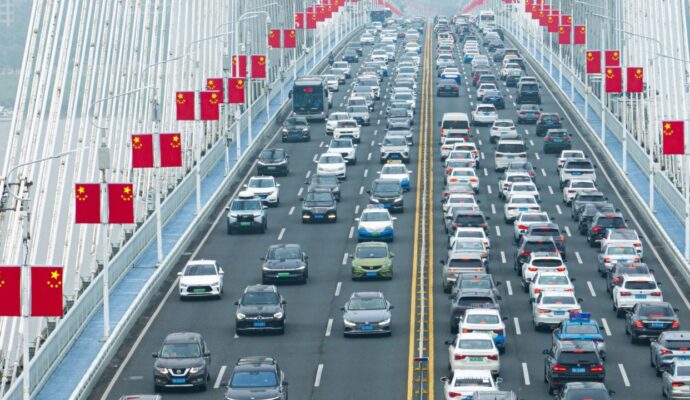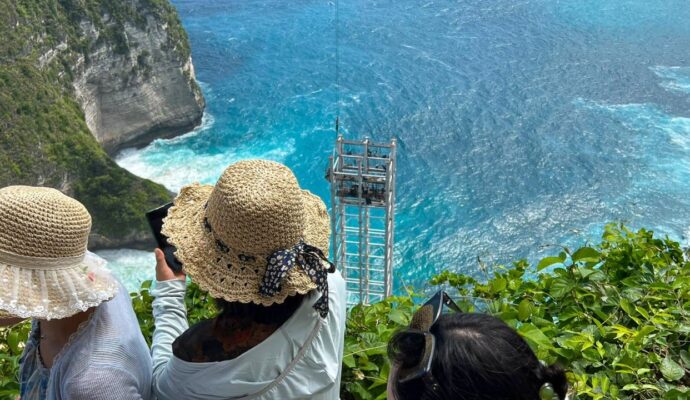Differences over the Ukraine war, the lack of progress in trade dialogues and human rights concerns were among the issues, he said.
“This will be the place to raise all these issues, especially the strategic issues that we have with China,” Toledo said on the sidelines of the World Peace Forum in Beijing on Sunday.
Jorge Toledo has criticised the lack of “substantial progress” in economic and trade talks with China. Photo: EPA-EFE
Borrell, who is also a vice-president of the European Commission, the bloc’s executive arm, had been due to visit Beijing from April 13 to 15, soon after commission head Ursula von der Leyen and French President Emmanuel Macron, but tested positive for Covid-19.
His rescheduled trip would have come on the heels of a visit to Beijing by the EU’s top climate official and commission first vice-president Frans Timmermans, who arrived for a two-day trip on Monday. Timmermans also had to cancel a planned visit in April due to Covid-19.
He met Beijing’s special envoy for climate change Xie Zhenhua on Monday, and joined Chinese Vice-Premier Ding Xuexiang on Tuesday to co-chair the first in-person, high-level bilateral dialogue on climate and the environment since the pandemic.
The high-level EU visits come as China focuses on developing European ties amid growing pressure from the US. But the bloc’s new playbook on China does not sit well with Beijing.
On Friday, just before the visit by Timmermans, the European Council affirmed the bloc’s “multifaceted” approach towards China, labelling it as “simultaneously a partner, a competitor and a systemic rival”.
Leaders from the 27 member states also agreed to continue to de-risk and diversify from China where necessary and appropriate, but not to decouple from what is the world’s No 2 economy.
Speaking on the same panel as Toledo on Sunday, the Chinese Academy of Social Sciences’ international studies director, Zhou Hong, said de-risking and decoupling involved just “playing with words” for a policy essentially “moving in the same direction”.
She also criticised Brussels for positioning the China-EU relationship as a systemic rivalry, calling it “a backward step”.
Toledo argued that the notion was a description of fact: “Not only do we have different policies [and] political systems, but also … China has changed in the last few years”.
He said the systemic rivalry was reflected in many international issues including the war in Ukraine, which was “extremely important and consequential” for the EU-China relationship.
“We think that China [as one of the five permanent members of the UN Security Council], has a special responsibility and that you cannot be neutral in the face of a war of aggression.”
China’s ambiguous stance on the Russian invasion of Ukraine has been a major sticking point in its relationship with the EU. When Macron and von der Leyen visited in April, they urged Beijing to use its influence with Moscow to help end the war.
The EU also had systemic issues with China over human rights, Toledo said, adding that Brussels would continue to raise these points.
He also criticised the lack of “substantial progress” in economic and trade talks with China over the last four years.
He said high-level economic and digital dialogues coming up in September would have to lay the groundwork for the EU-China summit – a regular dialogue mechanism between the Chinese premier and the heads of the European Commission and European Council.
The last two summits, both held virtually, failed to produce a joint statement.
“We will need progress on those dialogues to end up with the first in-person EU-China summit [since the pandemic] at the end of this year,” Toledo said. “We want it to be a summit with deliverables.”


